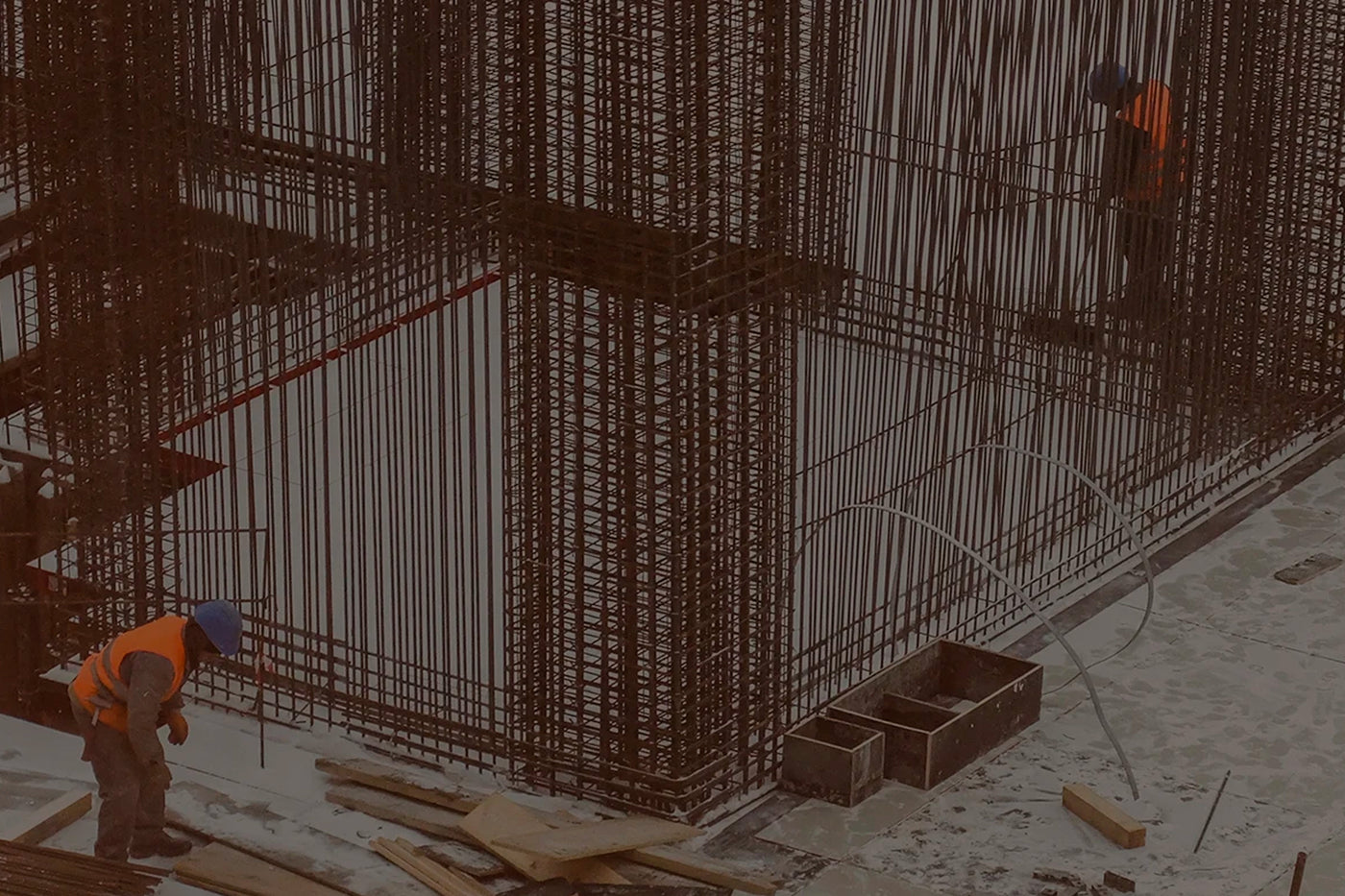Your Cart is Empty

The air has shifted from hot and arid to sharp and cold, a hot mug of strong coffee replaces our thrums of ice water and the layers we throw on before leaving the door have tippled in weight. Dehydration and the physical stress cold weather imposes on us is usually far from our thoughts this time of year, but it’s no time to let your guard down! From our years of experience in the outdoor industry, we have learned that many hunters and winter adventurers alike suffer from dehydration just as frequently (if not more so) during these frigid times.
You couldn’t be blamed for relying on your thirst response to tell you when to drink water, most of us do. But consider this - in cold weather, our thirst response is diminished by up to 40%, even when dehydrated. This happens because our blood vessels constrict when we’re cold to restrict blood flow to our extremities and directed more so to our core. Approach the day with the understanding that your daily water needs are always there, thirsty or not.Another dehydrating effect cold weather has on our bodies is the water that vaporizes through our respiration. When we can see our own breath, we are looking at the water we are loosing through water vaporization. The colder the temperature and the more intense the exercise, the more vapor you lose when you breathe. Rarely do we get such a constant visual of the impact our environment has on our fluid levels - use it as a reminder that with water leaving our system, it must be replaced in order to stay sharp and strong.
Cold weather also causes water to leave the body at an increasing rate through another familiar and unavoidable process, urination. When exposed to cold conditions our body directs fluids away from our extremities and to our core in an effort to conserve warmth. When our kidneys sense the increase in blood pressure they begin to excrete superfluous fluid in an attempt to stabilize the pressure. As kidneys begin producing more urine, the bladder becomes more full and thus the volume and frequency of urination increases. This cold-induced phenomenon is probably something you are familiar with and should further affirm your increased need for water intake while exposed to cold weather.
The more awareness we have to our bodies foundational needs to operate properly and how those needs are influenced by our environment, the more prepared we can be for the challenges we face in the workplace. Don’t take these precautions because someone tells you too, make them a priority because this is your life, career, and you will be a better steward of your health than anyone else ever could.